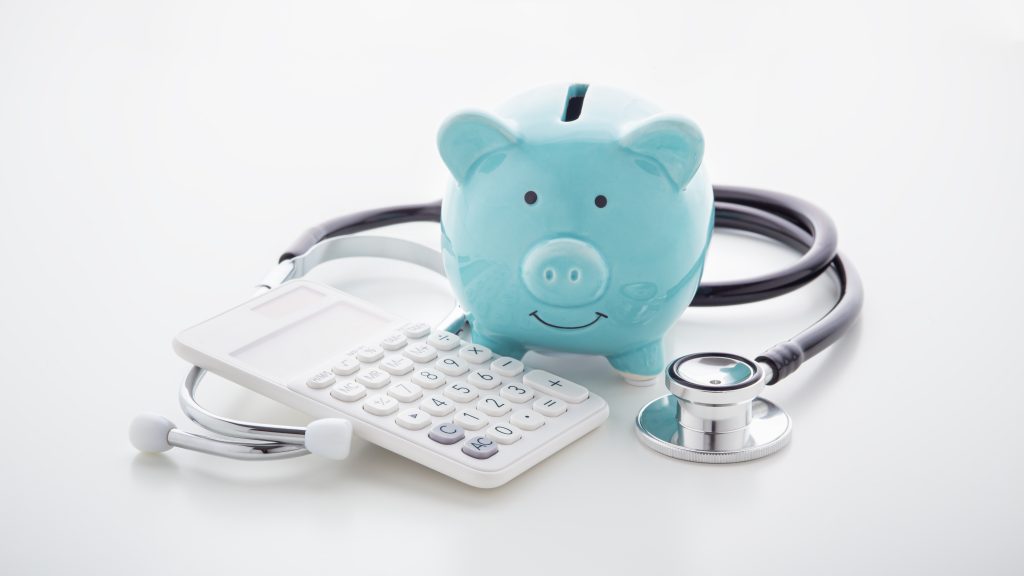Health savings accounts and retirement planning go hand in hand. While 401(k)s and IRAs are great, health savings accounts are one of the most tax-efficient ways to save for retirement. Make sure you don’t miss out on this opportunity to fortify your retirement savings.
Triple Tax Savings
A health savings account offers triple the tax savings. With an HSA, you can contribute pre-tax dollars, pay no taxes on earnings, and withdraw the money tax-free now or in retirement to pay for qualified medical expenses. After the age of 65, you can use the money for nonmedical expenses, but you will be taxed at ordinary income rates on nonqualified withdrawals. There is a 20% penalty on nonmedical withdrawals before age 65, in addition to the tax.
Tax Advantages of a Health Savings Account and Retirement
Most people know that a health savings account can be used to pay for medical costs, but there is more to it than that. Most HSA contributions are pre-tax, through payroll deductions at work. They can also be funded with after-tax dollars. These contributions accumulate tax-free and can be withdrawn tax-free to pay for current and future qualified medical expenses, including those in retirement. Also, unlike IRA’s and 401(k)s, there are no required minimum distributions for a health savings account.
FSA vs HSA
Unlike flexible spending accounts, which must be used during the current plan period, the money in a health savings account can carry over from year to year, earning interest. You can even take your account with you if you change jobs or retire. Contribution limits for 2021 include $3,600 for individual coverage or $7,200 for family coverage.
After age 55, you may be able to contribute an extra $1,000 per year. Since this is one of the most tax-efficient savings options, you should contribute the maximum amount and pay for current health care expenses from other sources. If you really want to make your health savings account work for you during retirement, don’t use the money unless absolutely necessary.
Health Care Savings
Like a 529 college savings plan, health savings accounts help you save for specific future expenses. There is no way to predict how much you will need for future medical procedures, hospital bills, prescriptions, maybe even home health care. Since the likelihood of needing some type of medical care in the future is high, it’s good to have a nest egg specifically for that purpose.

Investing Your HSA
There are many ways to prepare for the rising cost of healthcare during retirement. Investing part of your health savings account into a non-cash investment option is a great way to accumulate tax-free growth.
Health Savings Account and Medicare
After you retire, there are many ways to use your health savings account to pay for qualified expenses. If you retire prior to age 65, you will need a way to pay for healthcare during the gap to Medicare eligibility. Furthermore, once you reach the age of eligibility, your HSA can be used to pay for certain Medicare expenses, including premiums for Part B and Part D.
Long-term Care Expenses
Your health savings account can be used to cover some of the cost for a tax-qualified long-term insurance policy at any age, although the amount you can use increases with age.
Other Expenses
After age 65, your HSA can also be used to pay for non-qualified medical expenses, like a vacation. However, you can’t take full advantage of the tax savings since you will pay state and federal taxes on non-qualified distributions. Lastly, if your medical expenses are much lower than expected, or you don’t live as long as you expected , you can pass the money in your health savings account on to your heirs.
Health Savings Account and Retirement Planning
If you are ready to learn more about combining your health savings account and retirement planning, please contact Argent Bridge Advisors today!




